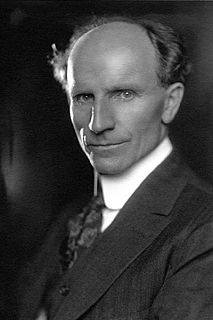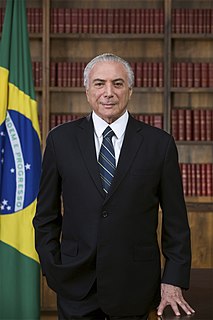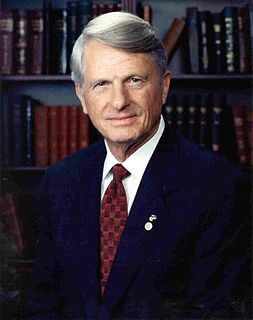A Quote by Hugo Chavez
The revolution will survive. It does not rely solely on oil for its survival. There is a national will, there is a national idea, a national project.
Related Quotes
The National Government will regard it as its first and foremost duty to revive in the nation the spirit of unity and cooperation. It will preserve and defend those basic principles on which our nation has been built. It regards Christianity as the foundation of our national morality, and the family as the basis of national life.
It is important that the remaining scenic areas of the country be at once made into State or National Parks. Fortunately there still are a number of these wild places, but it will require effort to save them. Each Park proposed will have powerful and insidious opposition. The insidious opposition to National Parks will say, ‘There is a feeling in Congress that we should not have any more National Parks at this time’; or, ‘We should wait until present ones are improved.’
The White House released documents it claims validates the president's (National Guard) service ... When deciphered the documents showed that in a one-year period, 1972 and 1973, Bush received credit for nine days of active National Guard service. The traditional term of service then and now for the National Guard is one weekend a month and two full weeks a year, meaning that Bush's nine-day stint qualifies him only for the National Guard's National Guard. That's the National Guard's National Guard, an Army of None.
We have a media that goes along with the government by parroting phrases intended to provoke a certain emotional response - for example, "national security." Everyone says "national security" to the point that we now must use the term "national security." But it is not national security that they're concerned with; it is state security. And that's a key distinction.
The proposed constitution, therefore, even when tested by the rules laid down by its antagonists, is, in strictness, neither a national nor a federal constitution; but a composition of both. In its foundation it is federal, not national; in the sources from which the ordinary powers of the government are drawn, it is partly federal, and partly national; in the operation of these powers, it is national, not federal; in the extent of them again, it is federal, not national; and finally, in the authoritative mode of introducing amendments, it is neither wholly federal, nor wholly national.










































